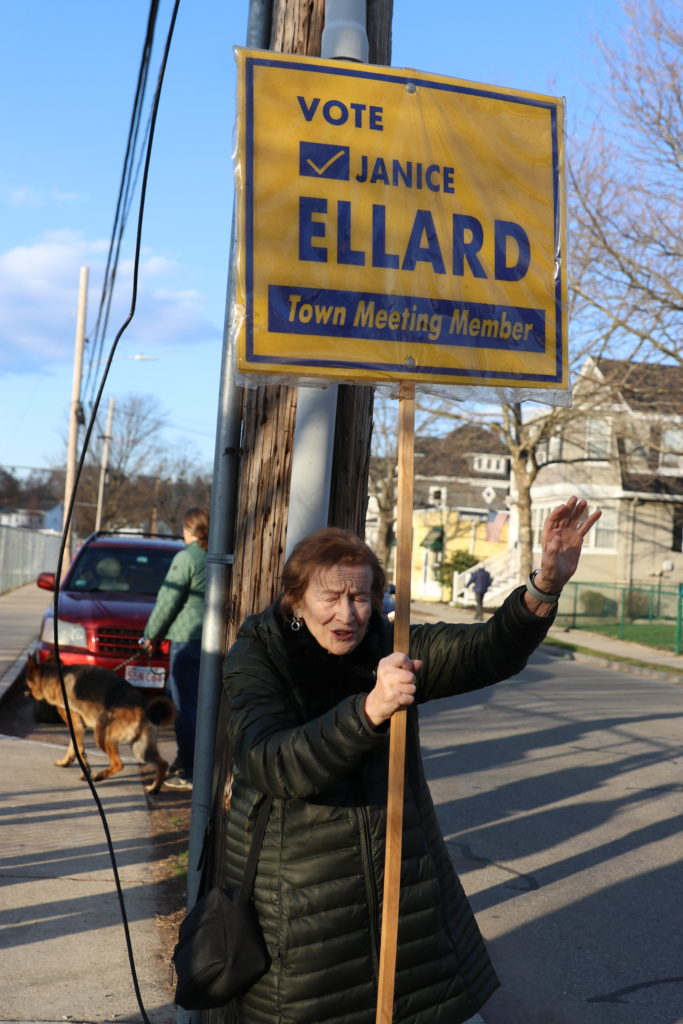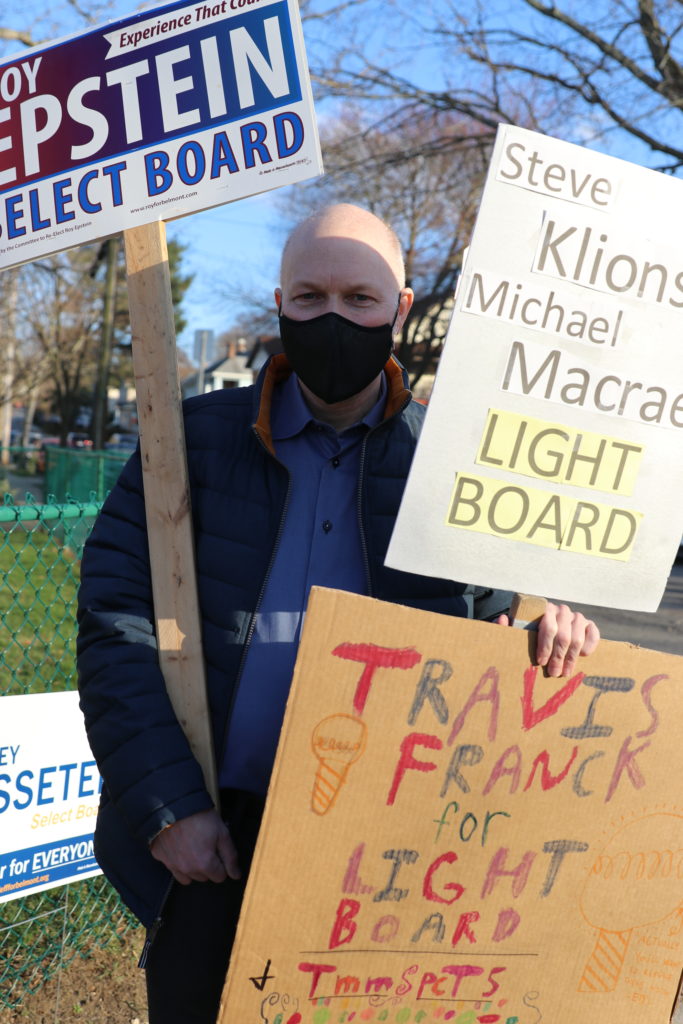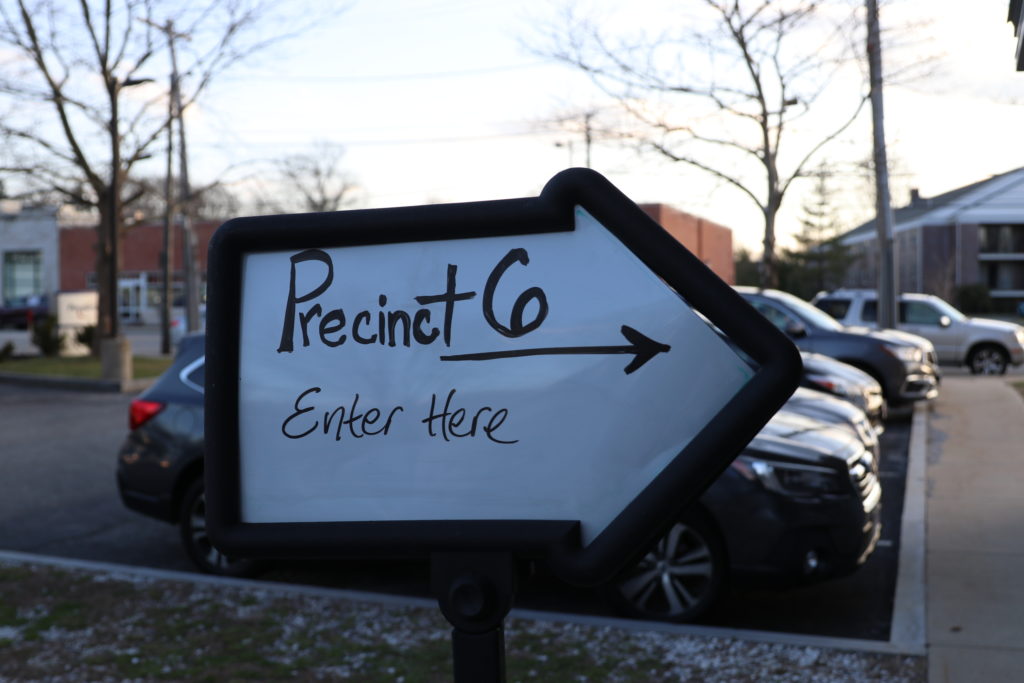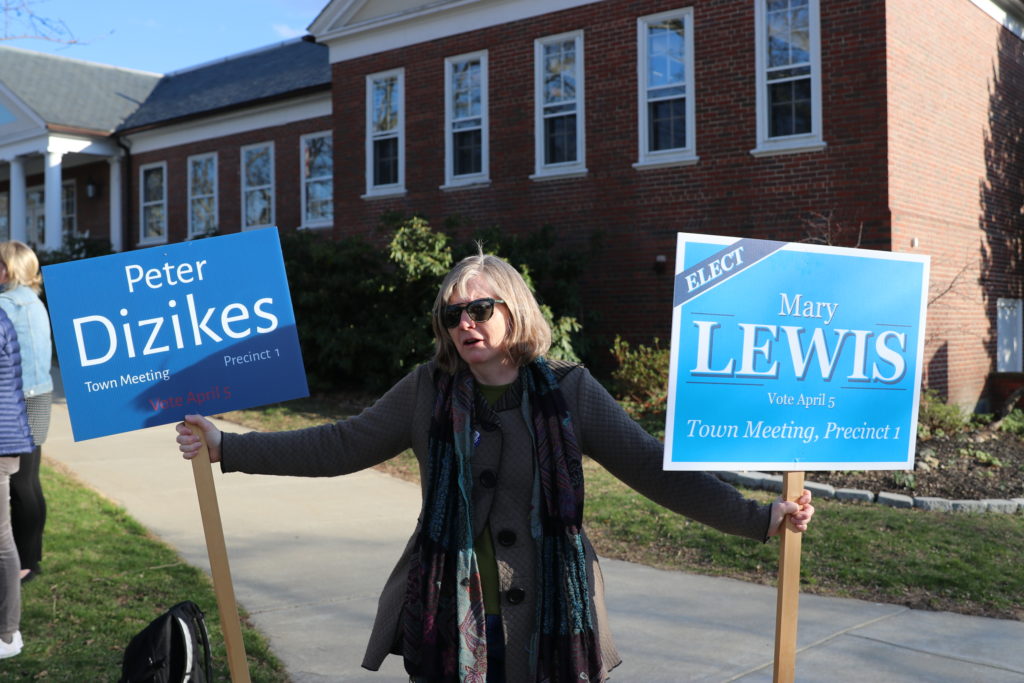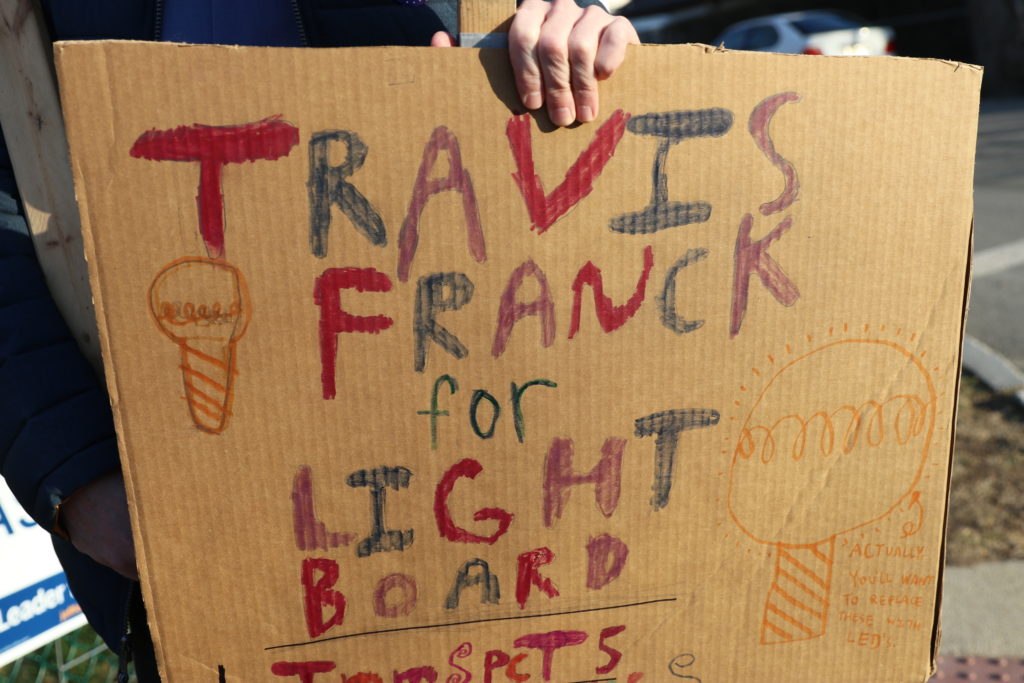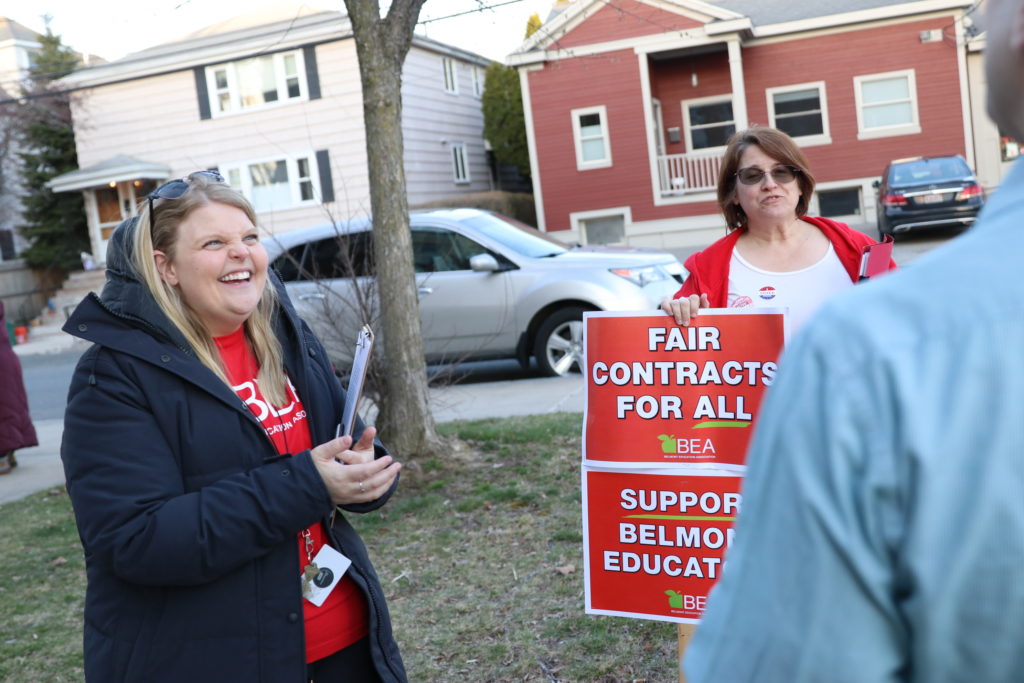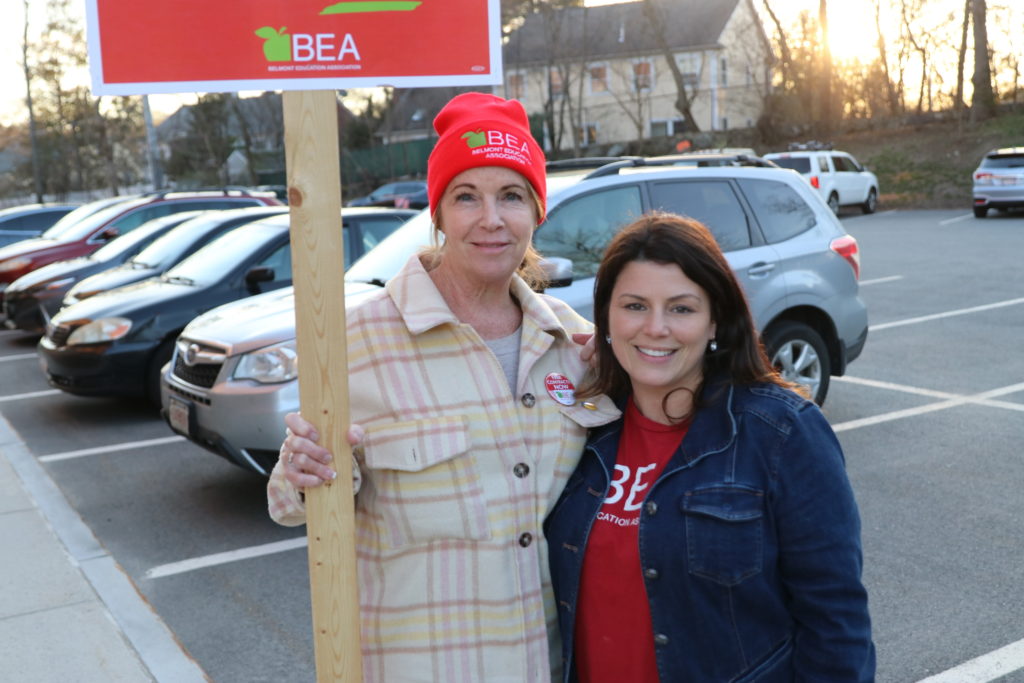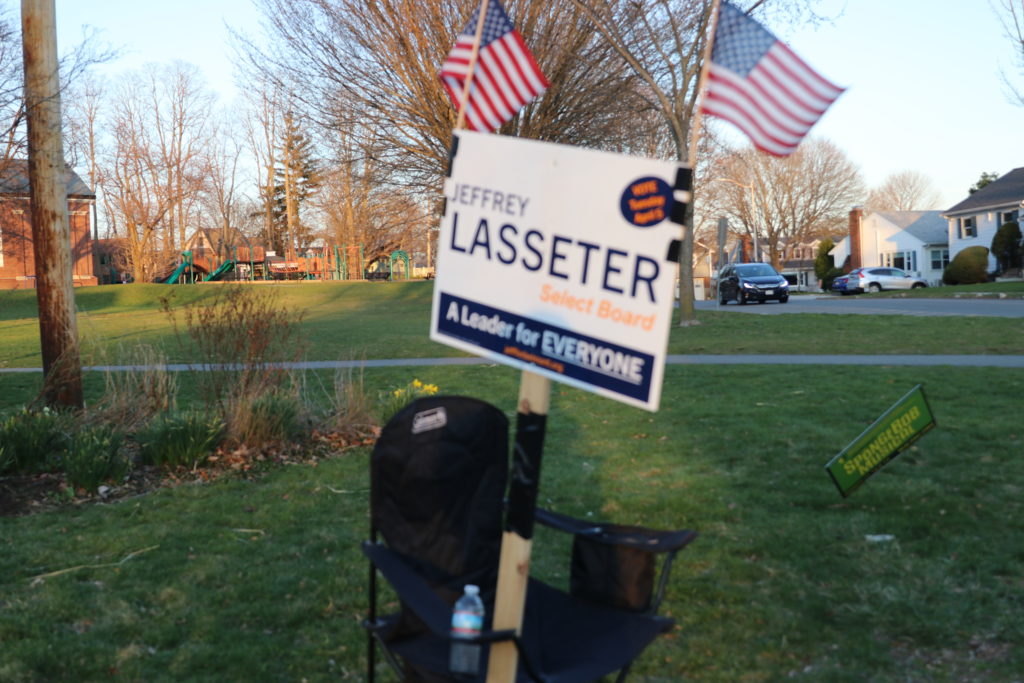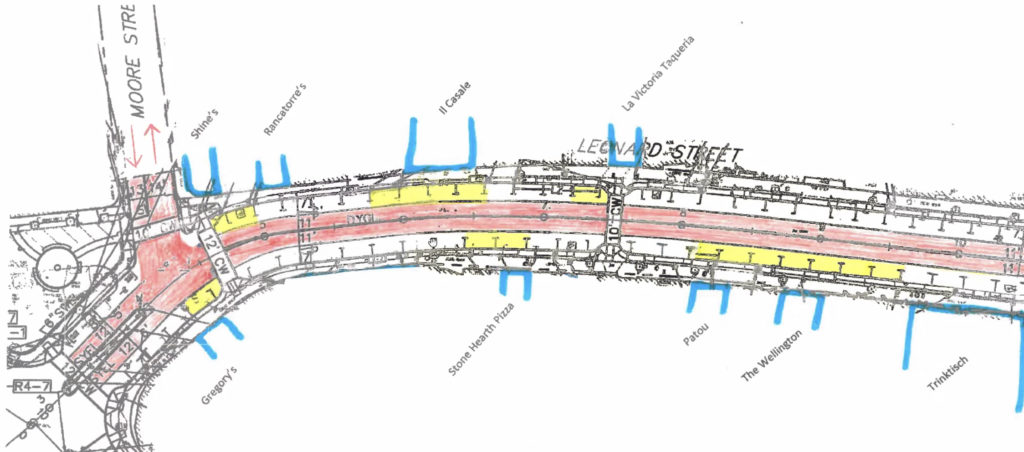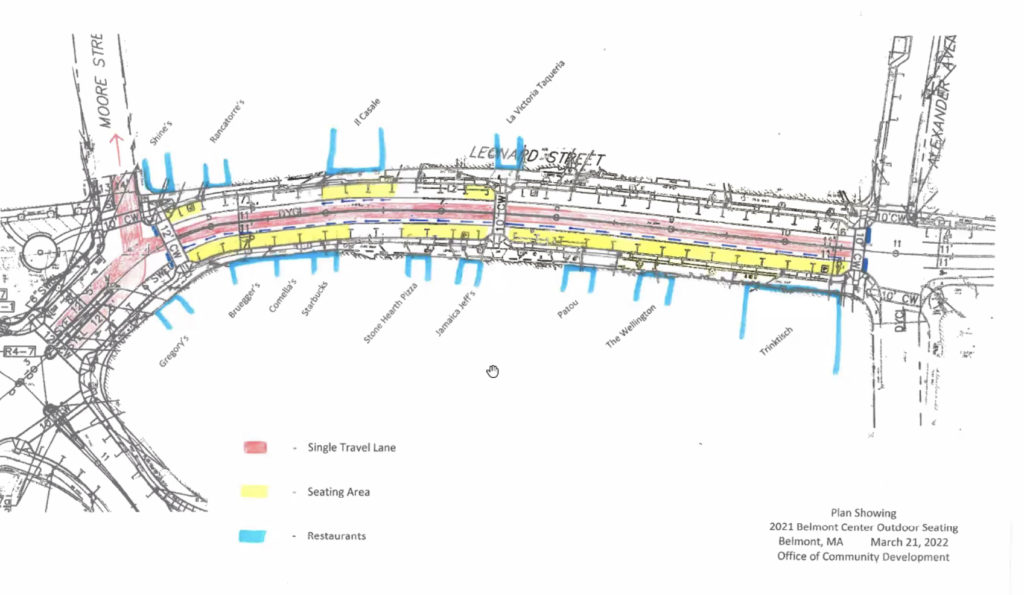Photo: Roy Epstein is returning to the Belmont Select Board
It was a good day for incumbents as both Roy Epstein and Julie Lemay withstood challengers to return to their respective boards for three year terms while the first-ever elected Municipal Light Board will be filled by four members of the current Light Advisory Board, according to results from the 2022 Belmont Town Election held on Tuesday, April 5.
Tuesday turned out to be a particularly revealing night for the austerity advocacy group Citizens for a Fiscally Responsible Belmont which not only saw the two town-wide candidates its members were backing go down to defeat but also saw a pair of its top leaders loss their Town Meeting seats.
Unofficial election results can be found on the Town Clerk’s web page here.
Seeking a second three-year term on the board, Epstein won reelection to the three-member board by a more than two-to-one margin over first-time candidate Jeff Lasseter, 3,138 to 1,530, when a little more than a quarter of registered voters – 27 percent or approximately 4,800 voters – visited polling stations on a perfect day for voting.
“I have to think our message that we repeated over and over again that the town is better served by somebody with experience and a relevant background and an ability to work with everybody” was the reason he was re-elected, said Epstein who briefly visited Town Hall Tuesday night as the votes were being tabulated.
Two term incumbent Lemay returns for another three-year stint on the Board of Health defeating another first-time office seeker, Marina Atlas, by more than 800 votes, 2,270 to 1,454.
The four members of the light advisory board who ran as a slate – although they never officially said so – to fill the five-person elected board: Stephen Klionsky, Michael Macrea, Travis Franck and David Beavers, easily won their races. In the two competitive races, for the pair of two-year terms, newcomer Jeff Geibel, who had the public backing of CFRB members, lagged behind Klionsky and Macrae, while Andrew Machado took the one-year seat over Christopher Morris by just under a 1,000 votes.
While the candidates their members backed had a less than satisfying night, several CFRB members and supporters came up short. Marie Warner, CFRB vice president who was active on social media supporting Lasseter and Geible during the election run up, lost her Precinct 6 seat coming in 37th, one place outside member status in the newly re-precincted district. Dawn MacKerron, the group’s President, finished 22 votes from securing a seat in Precinct 1 while Secretary Allison Lenk hung on to the 36th and final seat in Precinct 8 by a single vote. Supporters and Town Meeting incumbents Jin Chang Xu and Ed and Mary Ann Kazanjian lost their seats while one of the group’s charter supporters, Gang Zhao, will represent Precinct 2 winning a seat by three votes.
Also not coming back to Town Meeting include long-time member and avid speaker Don Mercier, former School Committee Chair Ann Rittenburg, Bob Sarno (by a single vote), Anthony Ferrante, Amy Trotsky, (also by a vote), Kathleen Baskin, James Sullivan, Patricia Kelley, Susan Titus, Kevin Brosnan and Karnig Ostayan.
And the top vote getters in six of the eight precincts were women.
